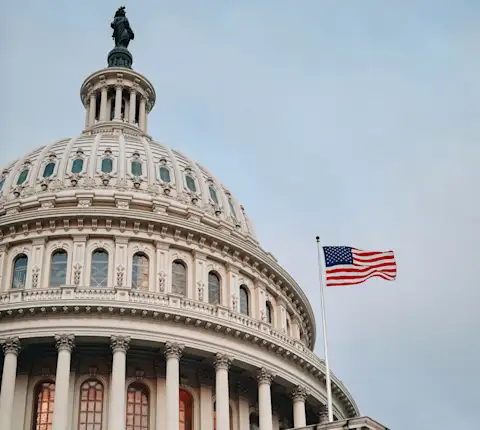New York City recently announced an extreme earnings standard for food delivery workers, a bad policy that was the result of an even worse process — one that was conducted arbitrarily, relied on dubious methodology, and failed to follow the law that City Council had passed, however misguided that initially was. In the weeks since, many questions remain about the final rule’s impact on consumers, local businesses, and delivery workers, but one thing has become undoubtedly clear: this outcome is unacceptable for all New Yorkers.
That’s why today, DoorDash and our industry peers are filing litigation against the City of New York: to send a clear and unmistakable message that bad policies cannot go unchallenged, and we will not stand by and let these harmful impacts go unchecked for the communities we serve.
When the Department of Consumer and Worker Protection (DCWP), the agency tasked with setting this minimum pay rate, launched a survey to better understand the landscape that our industry operates in and help guide its rulemaking process, it did not do so in an objective way. This fatally flawed and subjective rulemaking process unsurprisingly worsened these already problematic policies.
Rather than identifying a comprehensive group of delivery workers to inform its findings, DCWP simply drew from the most convenient sample. Rather than presenting its questionnaire thoughtfully and without bias, DCWP used leading questions to push workers to respond in ways the agency wanted. And rather than rigorously analyzing the data, DCWP chose to selectively use the information that it had collected to confirm what it wanted to find.
Even more fundamentally, the earnings standard does not reflect the way the industry operates. For instance, why would the agency choose to purposefully exclude companies that only facilitate grocery deliveries from its study and rulemaking, when those that facilitate both restaurant and grocery deliveries from local businesses would have these rules apply to them? A worker can now be subject to different legal standards for identical orders from identical local businesses, based solely on the platform they choose to accept the order from. Even over the course of an extended, months-long comment period, DCWP did not — and still has not — provided anything close to a basic justification for this decision.
Each of these missteps by the DCWP made this earnings standard more problematic than the last, and the result has attracted criticism from consumers, merchants, and delivery workers. As the city itself acknowledged, higher fees are coming for consumers, which will inevitably mean less revenue for local businesses and fewer earning opportunities for workers. These are impacts that will often be felt by those who can least afford them: busy families who depend on the accessibility and convenience of delivery, small restaurants working tirelessly to grow their businesses, or delivery workers seeking opportunities for extra income to make ends meet.
We understand that these issues are complex and nuanced. Thousands of workers, tens of thousands of merchants, and millions of consumers use third-party platforms across the five boroughs. This is exactly why we – and others – clearly and repeatedly warned the city that using this flawed process to underpin this minimum pay rate would have lasting and harmful impacts for all New Yorkers who use these platforms. But the approach that DCWP took was sadly not one that reflected this, and has left us no choice but to take our concerns to court.
Some opponents will argue that this is an effort by the industry to avoid a minimum pay rate, but that simply ignores the facts at hand. In fact, we advocated for an approach for the earnings standard here in New York City that exceeded the agency’s initial proposal while preserving the flexibility workers value, and have supported establishing minimum pay standards in states across the country. What this comes down to is the broken process that led to an unworkable, extreme earnings standard in New York City.
We cannot allow these kinds of policies to take effect without doing everything that we can to stand up for customers, local businesses, and the very workers this rule was intended to support.


